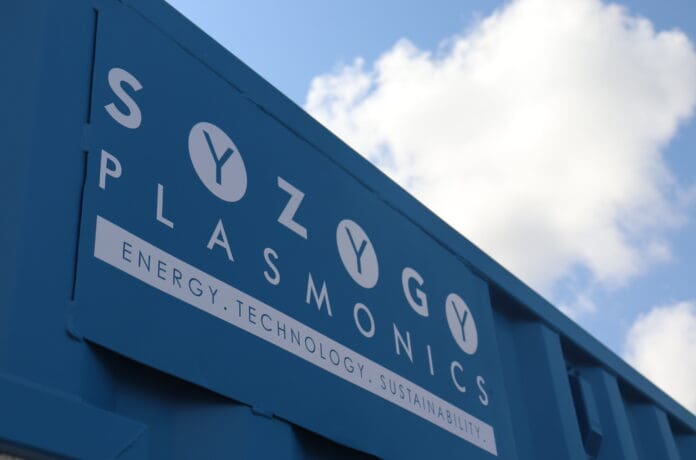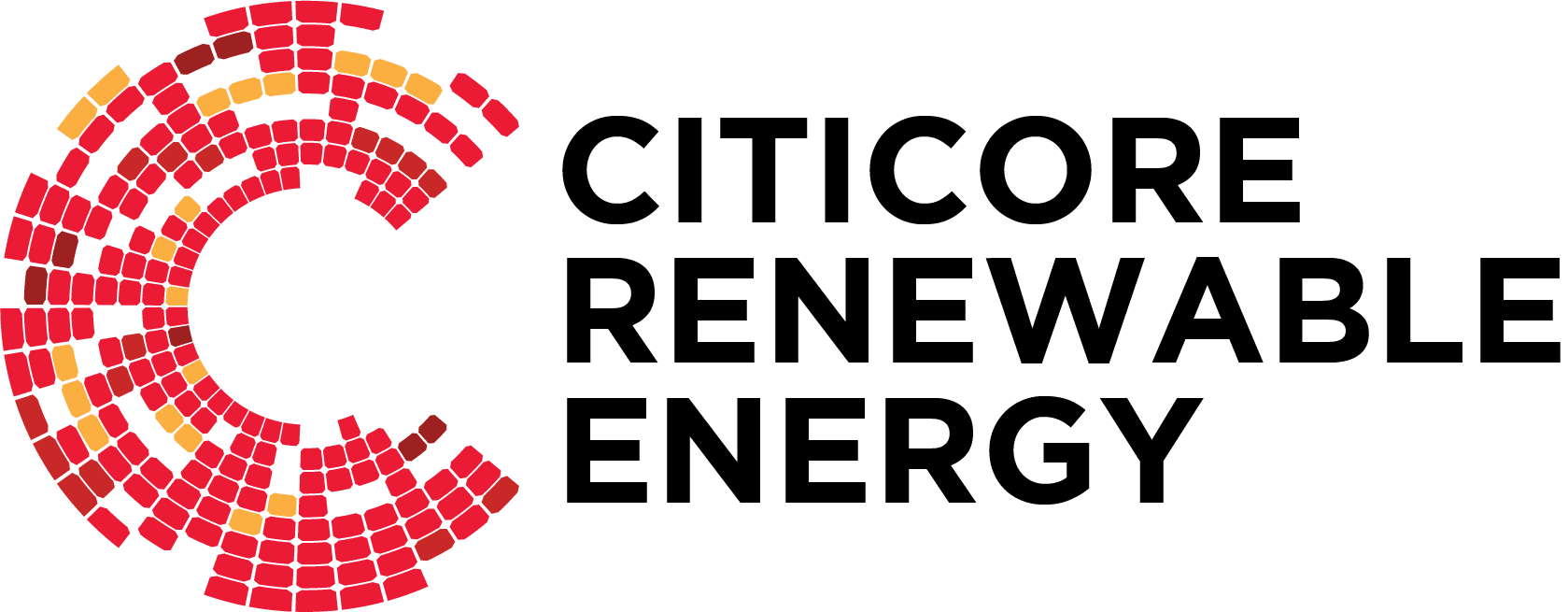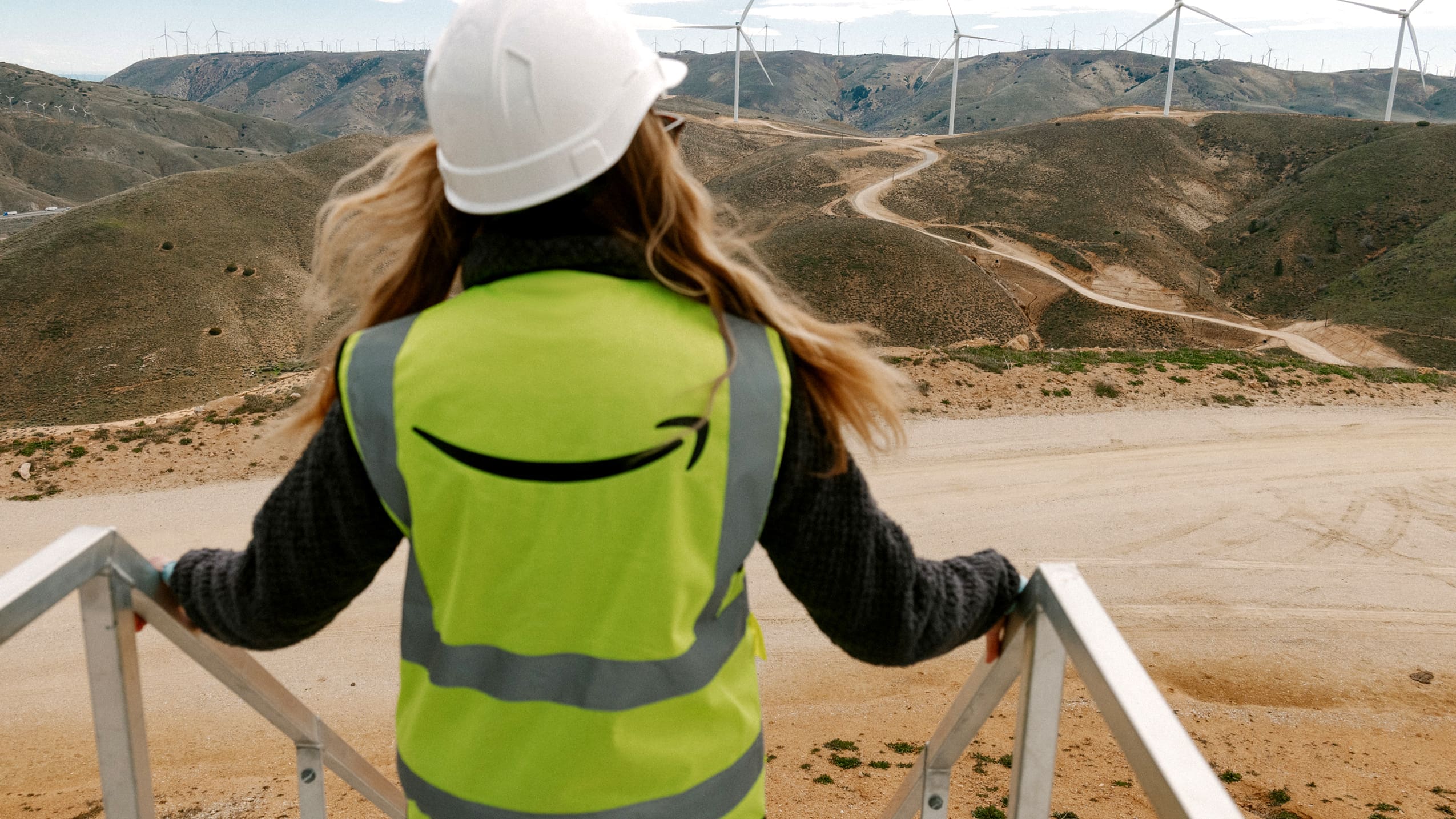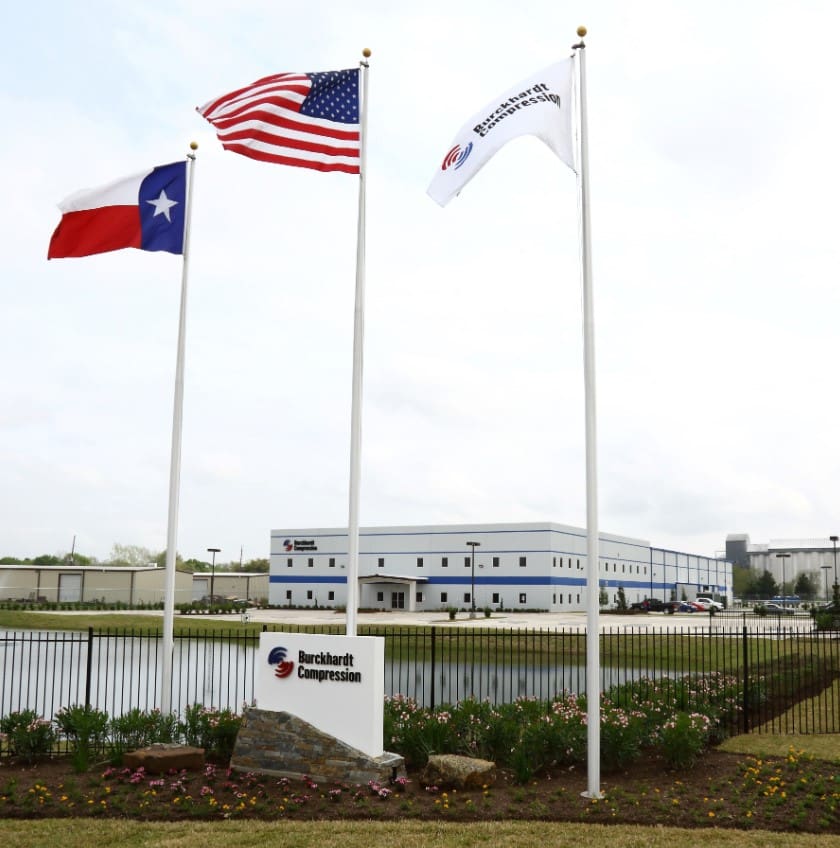Syzygy Plasmonics (Syzygy), a deep-decarbonization company that is electrifying chemical manufacturing, announced US$76 million in Series C financing led by Carbon Direct Capital with participation from Aramco Ventures, Chevron Technology Ventures, LOTTE CHEMICAL, and Toyota Ventures. Existing investors including EVOK Innovations, The Engine, Equinor Ventures, Goose Capital, Horizons Ventures, Pan American Energy, and Sumitomo Corporation of Americas also joined the round. Carbon Direct Capital will join the Syzygy board and serve as the Series C director.
The capital raised will fund further development and delivery of all-electric reactor systems that eliminate fossil-based combustion from chemical manufacturing and reduce the carbon intensity of hydrogen, methanol, and fuel. Rather than rely on thermal energy, Syzygy harnesses the power of light to energize chemical reactions. This approach reduces feedstock waste while producing fewer emissions when powered by renewable electricity. Select Series C participants have also entered into commercial agreements with Syzygy to support their decarbonization goals.
The International Energy Agency (IEA) reported in its Global Hydrogen Review 2022 that producing 103.6 million tons (94 million tonnes) of hydrogen in 2021 released 992 million tons (900 million tonnes) of carbon dioxide (CO2). The IEA estimates that hydrogen production must double by 2030 for the world to stay on track for net-zero emissions by 2050, with roughly 60% of that being from low-carbon production. Syzygy believes that widely available low-carbon, low-cost hydrogen is necessary to increase its adoption and contribution to the achievement of climate goals.
Syzygy technology combines two major recent breakthroughs to reduce emissions in chemical manufacturing. The first was the invention of high-performance photocatalysts at Rice University by company cofounders and professors Naomi Halas and Peter Nordlander. The second was the engineering of a novel reactor that uses common low-cost materials like glass, aluminum, and LEDs instead of high-cost metal alloys. The result is a scalable, universal chemical reactor platform designed to use different feedstocks to drive multiple fundamental chemical reactions. Several field trials have initiated with commercial units scheduled to ship in 2023. “Our mission is to decarbonize chemical and fuel production,” said Syzygy Plasmonics CEO and cofounder Trevor Best. “Syzygy’s aim is to achieve 1 gigaton of carbon emissions reductions by 2040, and the Series C financing is a key milestone in building toward that goal. Closing this fundraising round with such strong support from financial and strategic investors and with commercial agreements in hand is a signal to the market. Forward-thinking companies have moved from setting decarbonization goals to executing them. Syzygy is developing low-cost, low-carbon solutions to offer across multiple industries.”
“Syzygy is hyper-focused on aligning energy, technology, and sustainability,” said CTO and cofounder Suman Khatiwada. “The projects we are delivering are targeting zero-emissions hydrogen from green ammonia, low-emissions hydrogen from combustion-free steam methane reforming, and sustainable fuels made from CO2 and methane. This technology is the future of chemical manufacturing.”
Syzygy’s universal reactor platform has attracted support from multiple international investors and partners with operations spanning the United States, Asia, and Europe. Carbon Direct Capital, a growth equity firm focused on carbon management technology, led the funding round. Syzygy is home to chemists and engineers focused on decarbonizing hard-to-abate chemical operations. The company employs more than 80 people and anticipates doubling its workforce over the next year as it expands its commercial offerings. Previously, Syzygy raised more than US$35 million and secured Department of Energy ARPA-E and National Science Foundation SBIR Program grants.

















